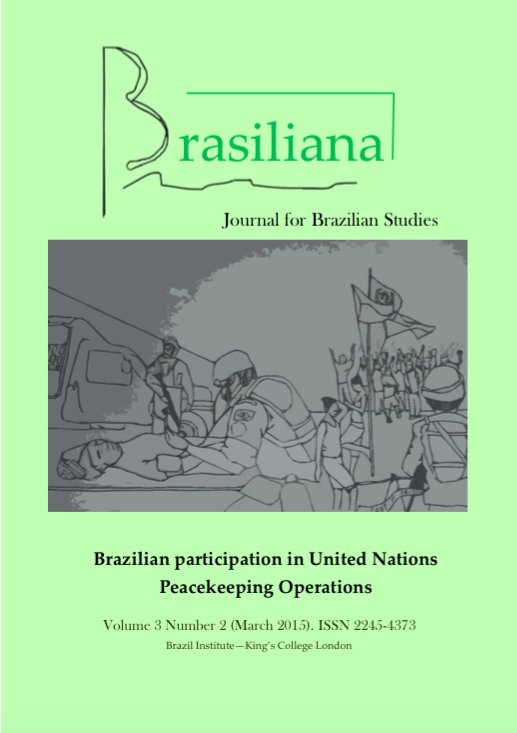Narrating the Mensalão Case : Configurations of Corruption
Main Article Content
Abstract
Coming to a close in the last days of 2012, the trial of the so-called mensalão network was heralded as Brazil's trial of the century. Involving corruption in the top ranks of the business world and the former government, the process ended with an exceptional result in the sense that severe sentences were meted out to 25 of the 38 defendants, thereby breaking an established pattern of impunity for corrupt politicians in Brazilian courts.
As a scandal potentially harmful for the governing party and the former president Luis “Lula” da Silva, the eyes and spotlights of the national media were fixed on the trial. However, the varying and contested ways in which the case was presented by media from the outbreak of the scandal in 2005 until the end of the trial bears witness to the fact that narratives concerning corruption scandals can potentially encompass a broad range of political and social actors besides those on trial. Viewing corruption as the thematic focus of the media texts, this wider scope of enquiry into the mensalão affair allows us to see that media, political actors and institutions use cases of corruption for much more than mere condemnation of transgressions: The narratives constructed in the Brazilian media reflect but also produce a series of salient political and social developments in the nation's self-imagination and political arena.
Article Details
![]()
Articles published in Brasiliana are licensed under a Creative Commons Attribution-NonCommercial-NoDerivs 3.0 Unported License.
When publishing open access, the author signs an author publishing agreement in which they retain copyright and give Brasiliana the right to publish the article. Our Open Access publications are distributed under the terms of the Creative Commons Attribution 4.0 International License, which permits unrestricted use, distribution, and reproduction in any medium, provided the original work is properly cited.

